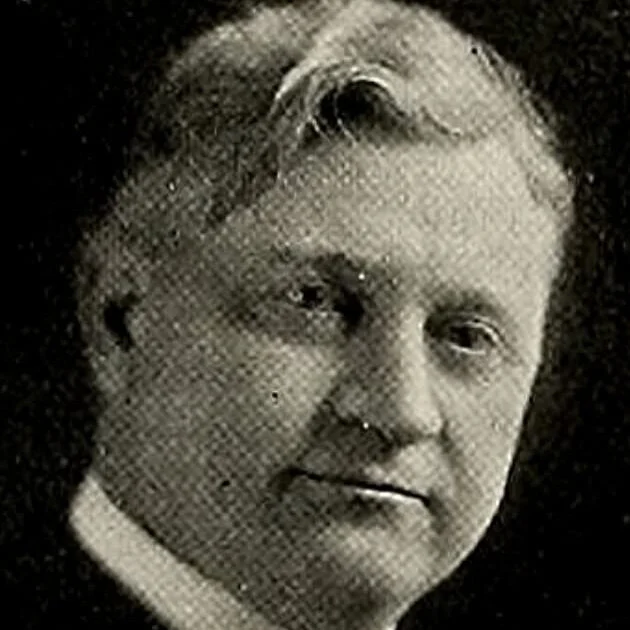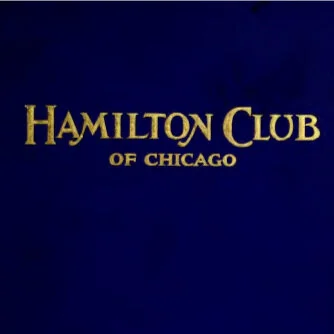Theaters of Goetz: 1923 The Crystal in Watertown, WI
In 1920 Leon Goetz was forced to divest from the Monroe Theater concern and others that he operated with his brother Chester, who would follow suit a few years later. The reason for this action was due to Leon’s legal troubles regarding a young woman who he had hired as a pianist at the Monroe— her father’s complaints to the police resulted in Leon Goetz’s indictment under the Mann Act, which was designed to combat organized prostitution. It is as yet unclear what happened with this case, Leon was certainly not convicted, but the situation was serious enough that Leon was in effect run out of town.
Leon sold his share of the Monroe for “$1 and consideration” to other local investors, so it is also unclear how he financed the next leg of his professional life. However this was accomplished— either through savings from his four-odd years of working at the Monroe at different levels of responsibility; through borrowing; or through the interesting array of contacts he made via the Gruwells is unknown. By Saturday, May 27th 1922 The Film Daily reported that both brothers had formed an affiliation with “the Community Theaters Co. of Milwaukee”, which was followed by the Goetz Brothers acquiring the Beverley in Janesville, WI.
Community Theaters Co. of Milwaukee, sometimes listed as “of West Allis”, doesn’t enter the newspaper/journal record significantly until 1928, so it’s interesting that the Goetz Brothers were involved with the concern so early. Community Theaters was run by a William F. Pabst, who CinemaTreasures.org contributor Lou Rugani quotes Marie Frederick, Geneva Theaters events coordinator, as saying she believes was a descendant of the brewer Frederick Pabst:
“Geneva and the Burlington Plaza theaters were both built in 1928 and operated by the same company, Community Theaters Inc. The president of Community Theaters Inc. was William F. Pabst, whom [Marie] Frederick believes to be a descendant of Frederick Pabst, who was perhaps most remembered as president of Pabst Brewing Co. Coincidentally, Branen also owns the Burlington Plaza. He said the purchase and renovation of Geneva Theater cost in excess of $2 million.”
If this is true, it makes sense, as Milwaukee’s brewing giants were in on the ground floor of the city’s movie business, too. It wasn’t uncommon for beer gardens to double as movie houses. How Leon Goetz came to know William F. Pabst is anyone’s guess, but the elder Frederick Pabst was a Republican with liberal sentiments, so would have fit in well with the Hamilton Club crowd in Chicago. I’m sure I’ll find something more definite to say on this in the future.
“A group of people enjoy a summer day in Pabst Park beer garden at North 3rd Street and West Garfield Avenue [Milwaukee].” Wisconsin Historical Society, photo by Joseph Brown, July 1900.
Having formed their “affiliation” with the William F. Pabst theater concern, the Goetz Brothers acquired a theater in Janesville, then one in Beloit, and then in 1923 one in Watertown, as reported by The Film Daily on December 1st, 1923:
“The Crystal theater, Watertown, Wis., which has been closed for some time, has been reopened by the Goetz Bros., who also control theaters in Janesville and Beloit.”
No mention is made after 1922 of the Goetz Brother’s affiliation with Community Theaters, but Pabst’s company continued to grow well into the late 1920s, so it’s possible that the brothers continued to draw financing from this source. The Brother’s rapid expansion— more than one theater a year— strongly suggests that outside money was involved. However, the 1929 “Film Daily Yearbook” lists Community Theaters as running the Strand theater in Watertown; but no mention is made of the Crystal. It’s probable that Community Theaters and the Goetz Brothers parted ways after the the brothers’ disasterous expansion into Milwaukee in 1927 and by 1929 the investment ‘footprint’ of Community Theaters was geographically different to that of the Goetzes.
I was unable to find any information online about the Watertown Crystal; it seems to have been genuinely lost even to to aficionados. Watertown, WI is about equidistant from the Milwaukee and Madison city centers, so no doubt the brothers aimed to court the rural and suburban populations of both cities, they certainly had experience running a theater catering to non-urban clientele. Whatever the progression of events was, the Crystal was never considered a flagship Goetz holding (their movie reviews never mention them as being proprietor).
Indications are that in 1927 the Goetz Brothers were still Crystal operators, as Motion Picture News reports the following (June 20th, 1927):
“Here is a good fish story, J. P. Gruwell, Ideal theatre in Wisconsin Rapids, writes friends in Milwaukee about catching a 22-in. speckled trout in one of the lakes near his home. We don’t doubt Mr. Gruwell one bit, he knows how to catch ‘em.
Goetz Bros., operating theaters in Janesville, Beloit, Ashland and Iron Wood are soon to extend their activities in Watertown, Wis.”
The language above suggests that in 1927 the brothers had not divested out of Watertown.
I included the reference to the Gruwells, the same J. P. Gruwell who launched Leon in the business, because it provides an interesting insight into the contemporary theater community. That Motion Picture News editors would be familiar enough with J. P. to print such a tidbit is interesting; that they believed the public would care about this ‘news’ is even more so. Perhaps the connection between bête noire Leon and J. P. Gruwell was worthy industry gossip in light of the Goetz expansion near Milwaukee, the jewel in the Wisconsin film industry’s crown and home to the Pabst brewing concern. We do know that Milwaukee movie men made an effort to trap Leon and Chester when the brothers attempted a sweeping takeover of downtown theaters; a trap thoroughly reported in contemporary press.


![“A group of people enjoy a summer day in Pabst Park beer garden at North 3rd Street and West Garfield Avenue [Milwaukee].” Wisconsin Historical Society, photo by Joseph Brown, July 1900.](https://images.squarespace-cdn.com/content/v1/5dff6acf9e828d1b25fc48be/1587057076815-QLSLXHGGTHFHYCTDJPZG/Pabst+Beer+Garden.jpg)




